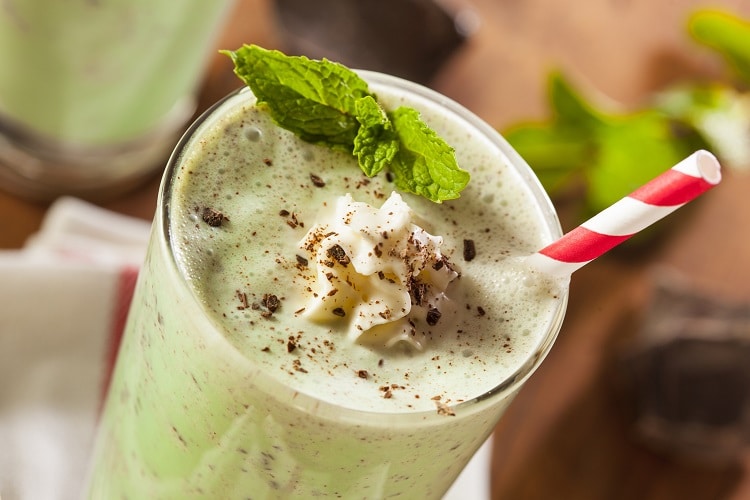Kids know the deal. Peanut butter and jelly is one of their favorite lunchtime options. But it’s not just about taste, little do they know, it is also good for them. So, it’s time for adults to get on board! We are not suggesting that adults start packing a PB&J for lunch every day, there are other options to get those healthy nuts into your diet.
With heart disease being the leading cause of death in the United States, it’s important to stay heart healthy. Eating nuts can reduce the risk of heart disease when eaten as part of a diet that is healthy and within ones calorie needs. Nuts are a great source of protein. The Academy of Nutrition and Dietetics recommends that we eat 5-6 ½ oz of protein a day (hint: 1Tb of Peanut butter or ½ oz. of nuts is equivalent to 1 oz. of protein). The type of nut you eat isn’t that important; most nuts contain heart-healthy nutrients, although some nuts have more heart-healthy nutrients than others (almonds, walnuts, and pecans) so choose your favorite nut and pack it up for a snack on the go.
What makes nuts heart-healthy?
I’m sure you have heard that nuts are high in fat. This is, in fact, true. But, most of the fat in nuts is unsaturated fat or “the good fat” that can help to lower your LDL or “bad cholesterol” levels. Nuts, especially walnuts and many fortified peanut butters, are one of the best sources of Omega-3 fatty acids. Omega-3s are a healthy form of fatty acids that among other things prevents inflammation, prevents dangerous heart rhythms that can lead to heart attacks, and lowers triglyceride levels (BONUS… it also improves skin health!). Nuts also contain fiber, which helps lower your cholesterol, promotes weight loss, and may reduce your risk of diabetes. Lastly, nuts are a source of arginine and the antioxidant vitamin E, both of which may help improve the health of your artery walls by preventing the buildup of plaque, thus making them more flexible and open for improved blood flow.
What the research says:
Studies have consistently found nuts to be beneficial to our health. A study published in the American Journal of Clinical Nutrition found nut consumption to be beneficial in lowering cholesterol levels and reducing ones risk of cardiovascular disease. An analysis of 4 U.S. studies in the Journal of Nutrition showed that participants with the highest intake of nuts had approximately a 35% reduced risk of coronary heart disease. Are you convinced? We are!
Here are some tips for adding nuts into your diet:
1. Choose unsalted nuts to help reduce sodium intakes.
2. Enjoy a handful of nuts as a healthy snack instead of chips
3. Try toasting them on a baking sheet at 350 degrees for 10 minutes to enhance their flavor.
4. Try eating whole, unpeeled, unprocessed nuts when possible.
5. Mix it up, try different types of nuts and find your favorite!
6. Nuts are high in calories so it only takes a small amount to get the benefits
Snack on!
This message brought to you by



